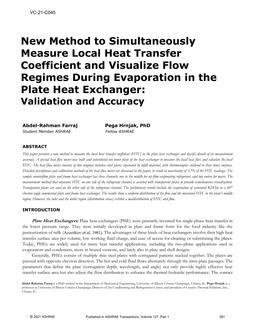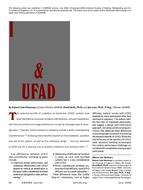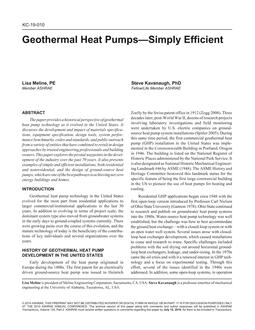Experimental testing of HVAC&R systems can be costly and time-consuming. The recent industry effort to adopt and implement low-GWP refrigerants in existing systems will increase the amount of testing required going forward. Transient simulation models of these systems allow for rapid testing and design modification and can help reduce the amount of experimental testing needed. This paper presents a Simulink-based transient analysis tool for modeling household refrigerator systems. The tool is capable of capturing the transient periods of the refrigeration system, including pull-down and system on/off, and allows the user to edit system parameters and test different component configurations. The model includes two segmented tube-fin heat exchanger models, a map-based compressor model, a non-adiabatic capillary tube model, and single and dual-cabinet load models. A finite control volume approach is used to model the heat exchangers. The non-adiabatic capillary tube model is correlation-based and allows for tuning of the suction line heat exchanger performance. The dual-cabinet model accounts for heat transfer between the dividing wall and allows for an individual vapor compression system to regulate the temperature of each compartment. Several transient simulations were conducted for a specific refrigerator model using R600a as the refrigerant. The simulation results are compared with experimental data and show agreement within +/- 10%.
Product Details
- Published:
- 2015
- Number of Pages:
- 8
- Units of Measure:
- Dual
- File Size:
- 1 file , 1.2 MB
- Product Code(s):
- D-AT-15-C056
- Note:
- This product is unavailable in Russia, Belarus


